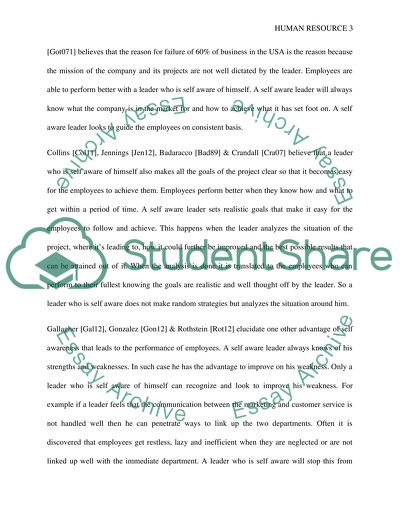Cite this document
(“Emotionally intelligent leaders and their impact on followers' Essay - 2”, n.d.)
Emotionally intelligent leaders and their impact on followers' Essay - 2. Retrieved from https://studentshare.org/human-resources/1625206-emotionally-intelligent-leaders-and-their-impact-on-followers-performance-and-well-being-a-critical-review-of-the-literature-and-reflection-for-practice
Emotionally intelligent leaders and their impact on followers' Essay - 2. Retrieved from https://studentshare.org/human-resources/1625206-emotionally-intelligent-leaders-and-their-impact-on-followers-performance-and-well-being-a-critical-review-of-the-literature-and-reflection-for-practice
(Emotionally Intelligent Leaders and Their Impact on followers' Essay - 2)
Emotionally Intelligent Leaders and Their Impact on followers' Essay - 2. https://studentshare.org/human-resources/1625206-emotionally-intelligent-leaders-and-their-impact-on-followers-performance-and-well-being-a-critical-review-of-the-literature-and-reflection-for-practice.
Emotionally Intelligent Leaders and Their Impact on followers' Essay - 2. https://studentshare.org/human-resources/1625206-emotionally-intelligent-leaders-and-their-impact-on-followers-performance-and-well-being-a-critical-review-of-the-literature-and-reflection-for-practice.
“Emotionally Intelligent Leaders and Their Impact on followers' Essay - 2”, n.d. https://studentshare.org/human-resources/1625206-emotionally-intelligent-leaders-and-their-impact-on-followers-performance-and-well-being-a-critical-review-of-the-literature-and-reflection-for-practice.


